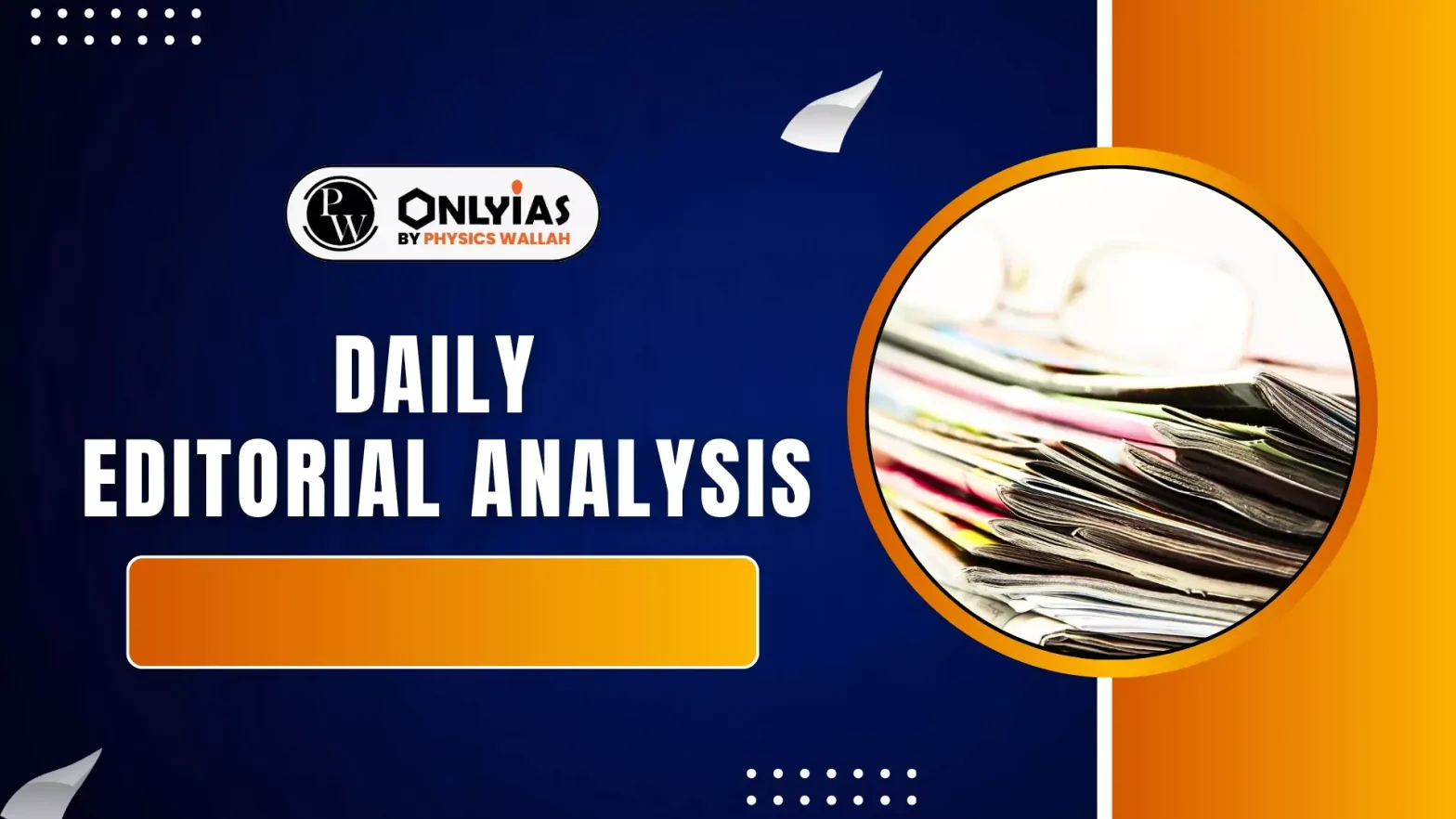The Digital Personal Data Protection (DPDP) Act has amended Section 8(1)(j) of the Right to Information (RTI) Act, drastically narrowing access to information by expanding the scope of “personal information.”
- This shift risks turning RTI into a “Right to Deny Information,” undermining transparency, accountability, and citizens’ role in fighting corruption.
Democracy and Citizen’s Right to Information
- In a democracy, citizens are the true owners, and the government acts as a custodian or manager elected to represent them.
- The citizens have the right to demand information from the government on how it operates.
- The Supreme Court, in the Raj Narain case, declared the Right to Information a fundamental right under Article 19(1)(a) (Freedom of Speech and Expression).
Section 8(1)(j) of the RTI Act
- Section 8(1)(j) of the RTI Act deals with the non disclosure of personal information.
- Original Intent: This section aimed to balance the Right to Information with the Right to Privacy.
- It stipulated that personal information should not be released if it serves no public interest or if it constitutes an unwarranted invasion of privacy.
- “Acid Test”: A crucial provision stated that any information that Parliament or a State Legislature cannot deny to its members should also not be denied to a common citizen.
- This empowered ordinary citizens, placing them on par with legislators.
- Examples:
- Promotion Details: An officer’s promotion details, though personal, would be disclosed if it serves public interest (e.g., to check for corruption).
- Medical Record: An officer’s personal medical record, unrelated to their job, would likely be denied under RTI as it serves no public interest and would invade privacy.
- This section was seen as a well-balanced provision that even aligned with the spirit of the 2017 Puttaswamy judgment, which declared the Right to Privacy a fundamental right.
Weakening of RTI through the Digital Personal Data Protection (DPDP) Act, 2023
- The DPDP Act, 2023, amended Section 8(1)(j) of the RTI Act.
- Vague Amendment: The original balanced wording was replaced with a vague phrase: “information which relates to personal information” can be denied.
- It removed the crucial “public interest” and “unwarranted invasion of privacy” tests.
- Broad Definition of “Person”: The DPDP Act defines “person” very broadly to include not just individuals, but also Hindu Undivided Families (HUFs), companies, firms, and even the government itself.
- Consequences of Vagueness: This broad definition means almost any information could be classified as “personal” (e.g., a government order signed by an officer, or details of a contract awarded to a company) and therefore denied.
- This effectively transforms RTI into “Right to Deny Information” (RDI), potentially leading to 90% of information requests being denied.
- Penalties for PIOs: Public Information Officers (PIOs) who “leak” personal information can face heavy fines, up to ₹250 crore.
- This penalty incentivises PIOs to deny information even without genuine doubt, simply to avoid risk.
Implications of Weakening RTI
- Reduced Public Monitoring: The public’s ability to monitor government actions will be significantly curtailed.
- RTI was considered the most effective tool against corruption, and its weakening removes this crucial check.
- Denial of Necessary Information: Even essential information, such as corrected marksheets or details of pension beneficiaries to prevent fraud, can now be denied under the pretext of being “personal”.
- Facilitates Corruption: The changes “make it the easy thing to be corrupt”.
- Lack of Public Awareness: Unlike previous amendments to the RTI Act which caused public outcry, the changes brought by the DPDP Act passed quietly.
- This is because the amendments were disguised under the guise of “data protection,” misleading the public into believing their privacy was being protected, while overlooking the critical importance of transparency in public life.
Way Forward
- Media and Citizen Debate: Encourage discussion and debate on social media and other platforms.
- Political Accountability: Pressure political parties to commit to reversing these changes in their manifestos.
- Strong Public Opinion: Create public pressure on the government.
- Recognise the Gravity: Understand that this is a serious attack on fundamental rights and democracy.
Conclusion
if citizens remain silent, the transformation of RTI into “Right to Deny Information” will endanger freedom and democracy, effectively making citizens subjects rather than masters of their government
![]() 15 Sep 2025
15 Sep 2025
